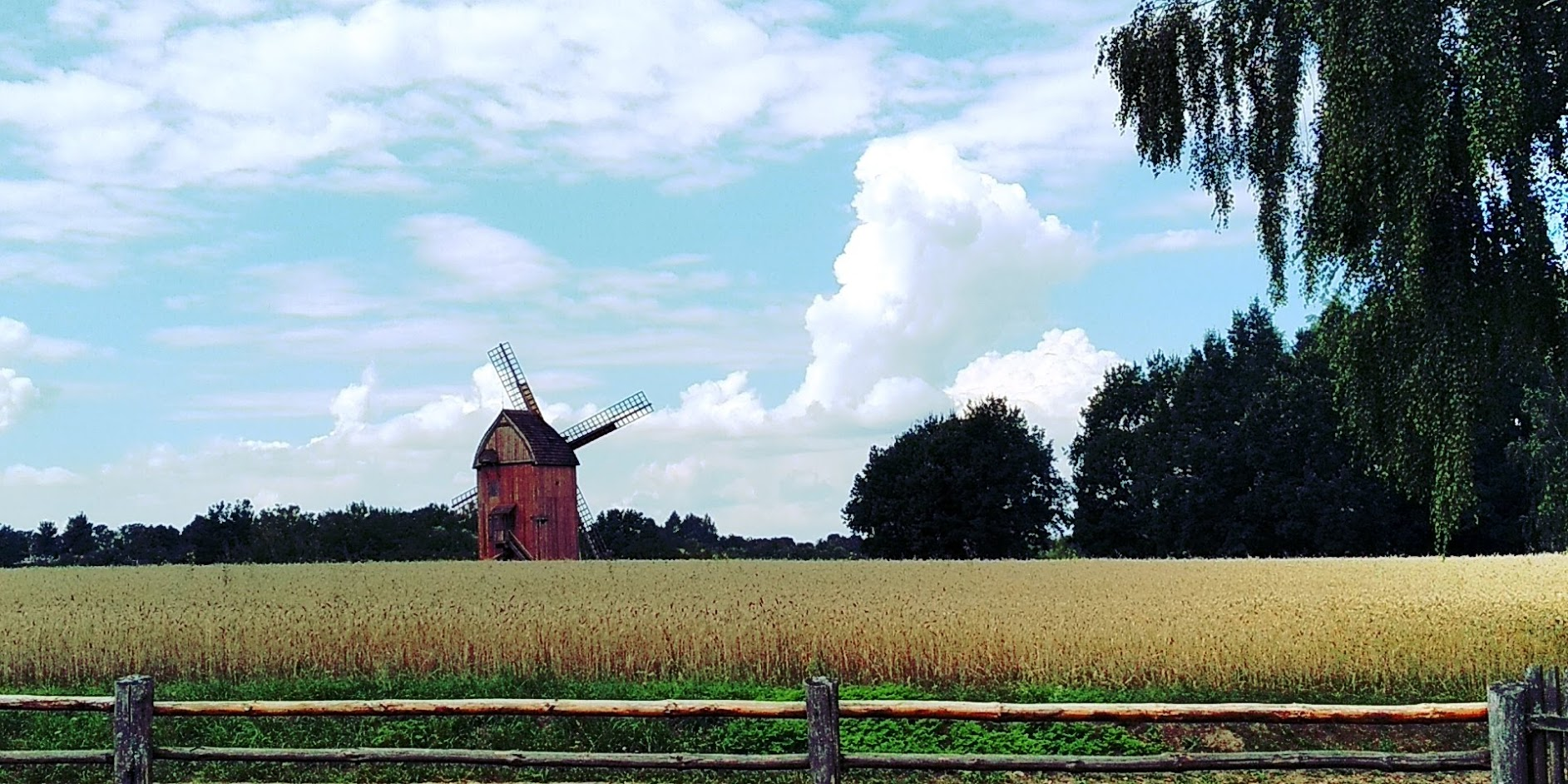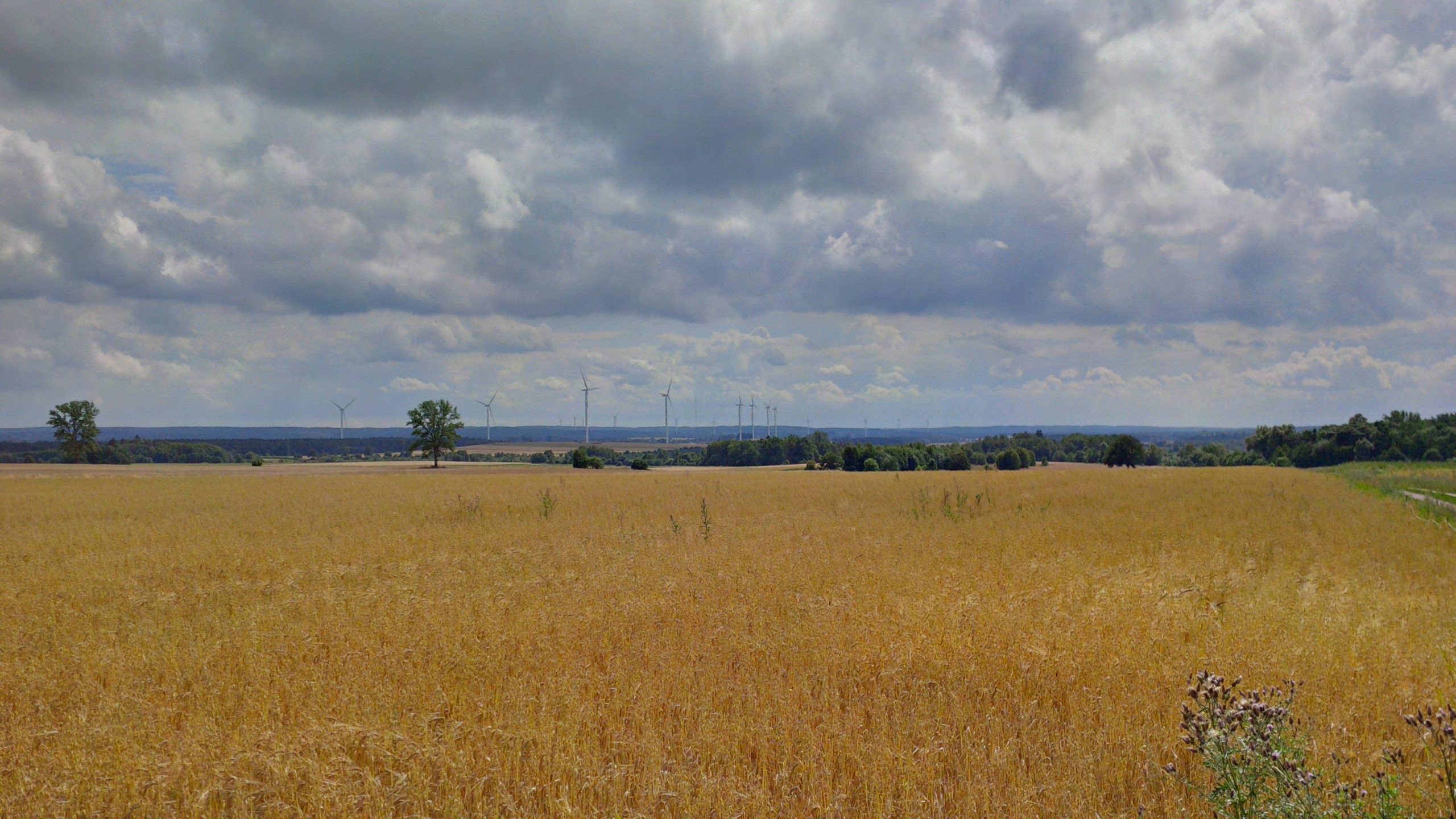Cooperation with residents – more than just public consultations
Not a lot of people like sudden, unexpected changes in their closest surroundings. This is especially true for elderly people from rural areas. They are used to the unchanged view from their window for years – the nature of wind investment often causes great concern among residents. Therefore, the developer should not only conduct broad public consultations (information about proposed investments), but also encourage the local community to actively participate in making decisions and formulate proposals related to the implementation of the project in their neighbourhood. This is the theory – but how does it look in practice?
Conversation is key
From our point of view, the expansion project of the existing farm was an interesting case study. The first phase of the investment was completed a few years earlier. The wind farm was finished, power plants were operating, the commune obtained money in the form of property tax and the residents enjoyed the new road which was thoroughly renovated during project implementation. After a few years, a decision was made to expand the project with additional turbines.
Much to our surprise, in the procedure of obtaining environmental decisions and during public consultations, the vast majority of residents expressed their objection to the planned expansion. This was unexpected since there were no complaints whatsoever about the wind farm that had been operating for several years. After dozens of meetings, both general and individual, as well as tedious door-to-door walking (however very polite, as this time around no one threatened to set the dogs loose on us … 😊), we discovered the reason for this negative attitude -people simply felt undervalued. They felt resentful that they did not participate in the decision-making process, nor did they feel that property tax receipts were improving their situation.
People are different – for most of them it is difficult to express their views at a general village meeting, where the tone is usually set by the formal or informal leader of a given community: mayor, local councilman, etc. Our experience clearly shows that to get to know the true cross-section of what a community thinks and expects, you need to spend time on individual conversations. For a project manager, more than knowing the provisions of the law on spatial planning and development (which of course is also useful 😊) it is paramount to remember the names of the most significant people in the community, including the saleswoman from the local shop (which deserves a blog entry in its own right).
From rejection to acceptance
The course of these talks led us to offer the opportunity to participate in the benefits of electricity production. In this particular location, we assumed that all households in the town around which additional turbines were to be erected would be offered support. The village consisted of 52 compact houses in total.





